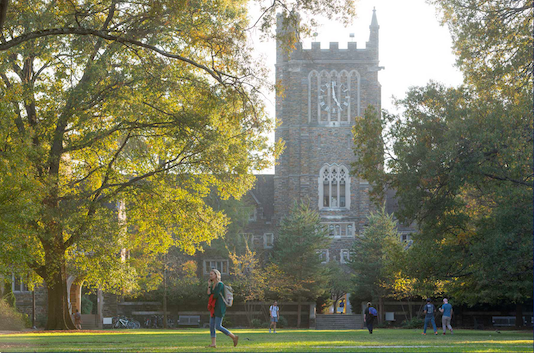Seminar Series: Relatedness and differentiation in arbitrary population structures

Several biomedical applications, including genome-wide association studies and heritability estimation for complex traits, require accurate modeling of the covariance structure of genetic variants. This dependence structure is parametrized by kinship coefficients, which are defined as the probability that random alleles are "identical by descent" (IBD). The fixation index "F_ST" is also an IBD probability that measures the overall population structure. My work is focused on extending previous models and estimation approaches for kinship and F_ST to arbitrary population structures, where individuals are not assumed to belong to subpopulations that are disjoint, homogeneous, and statistically independent, as is commonly assumed. African-Americans and Hispanics are two examples of complex population structures without independent subpopulations that require my novel approaches. I will first show how my approach improves upon previous approaches in real human datasets containing world-wide samples and in simulations where the true parameters are known. I then present my theoretical findings that previous approaches yield biased kinship matrices and F_ST estimates, which return abundant negative values and other systematic distortions. My work led to a novel kinship and F_ST estimation framework with greatly improved accuracy, which is available as the 'popkin' R package. These results have direct implications in the estimation of heritability, association studies, and other anal







